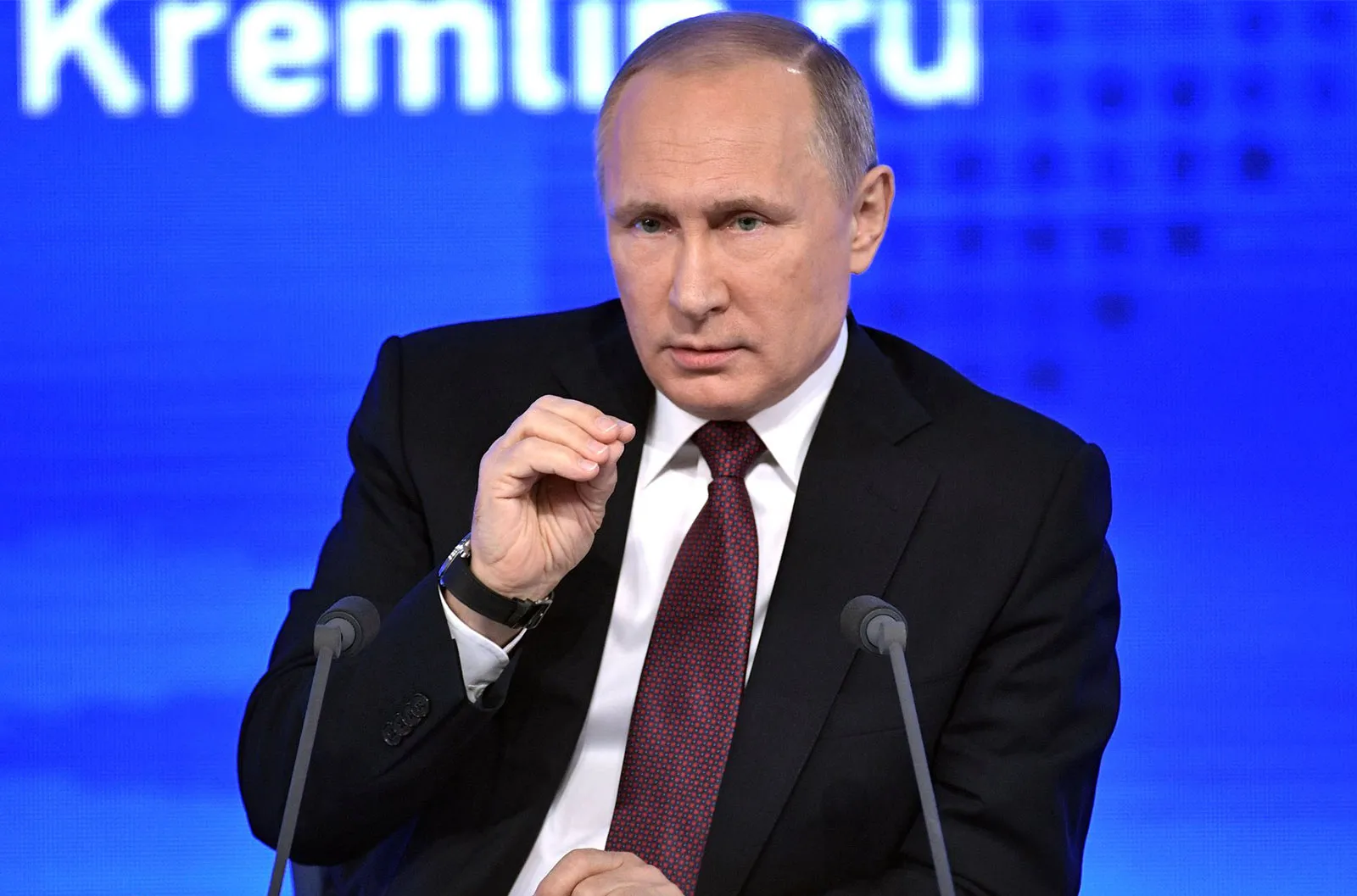Moscow: The Moscow Times is an online daily that is well-liked by Russian expatriates; nonetheless, the Russian prosecutor general’s office designated it as a “undesirable organization.”
The opposition and critical news media are being targeted in the wake of the designation. It implies that the journal must cease operations in Russia and imposes a maximum five-year jail sentence on any Russian who assists it. Compared to the news outlet’s November “foreign agent” classification, which subjected people and organizations to enhanced financial surveillance and mandated that any public information they produced prominently include a notice identifying them as foreign agents, this move is more severe.
Following the enactment of a legislation imposing severe sanctions for anything deemed to be critical of the Russian military and its conflict in Ukraine, The Moscow Times already relocated its editorial activities outside of Russia in 2022. It publishes in both English and Russian, but few months after the start of the Ukraine conflict, Russia banned access to its Russian-language website.
“The Moscow Times’ designation as ‘undesirable’ is the latest of many efforts to suppress our reporting on the truth in Russia and its war in Ukraine,” the newspaper wrote in an editors’ note on the decision. “This designation will make it even more difficult for us to do our jobs, putting reporters and fixers inside Russia at risk of criminal prosecution and making sources even more hesitant to speak to us.”

“We are not going to succumb to this pressure. We won’t back down, the newspaper said.
The journal started off as a daily print newspaper in 1992 that was given out for free at hotels, restaurants, and other establishments frequented by foreigners, whose numbers in Moscow were rapidly increasing after the fall of the Soviet Union. Later, it shifted to a weekly print version, and only in 2017 did it go online.
Russia has been deliberately going after groups and individuals who are critical of the Kremlin in recent years, labeling many of them as “foreign agents” and some of them as “undesirable.” The online news portal Meduza and the independent daily Novaya Gazeta, whose editor Dmitry Muratov was awarded the Nobel Peace Prize, are among the other news sources that were deemed unacceptable. Prominent opposition individuals have also been imprisoned in Russia, including dissidents Vladimir Kara-Murza and Ilya Yashin, as well as anti-corruption activist Alexei Navalny, who was President Vladimir Putin’s most tenacious domestic opponent.









